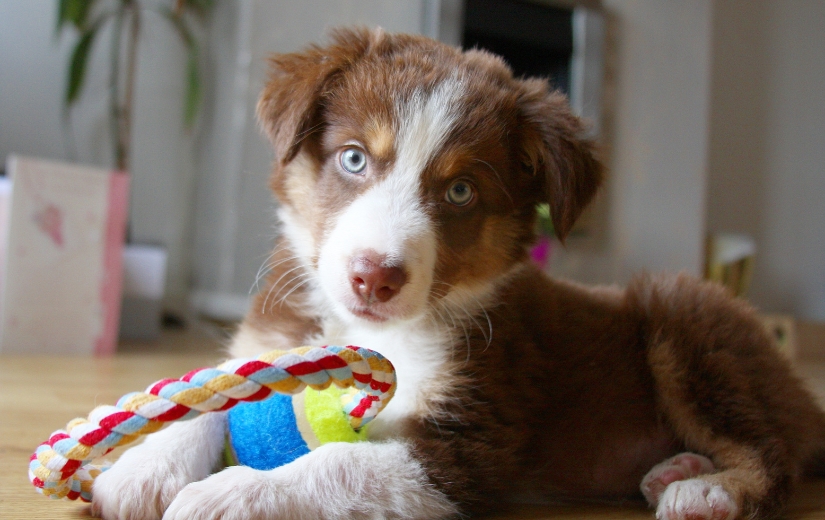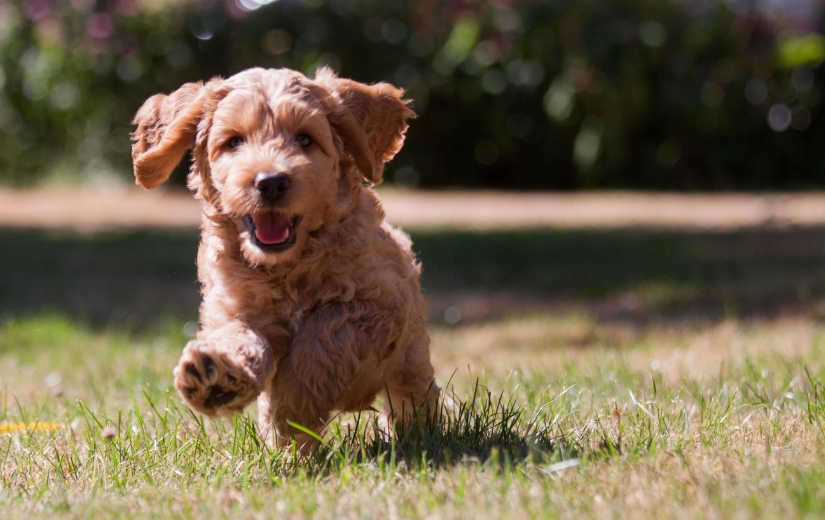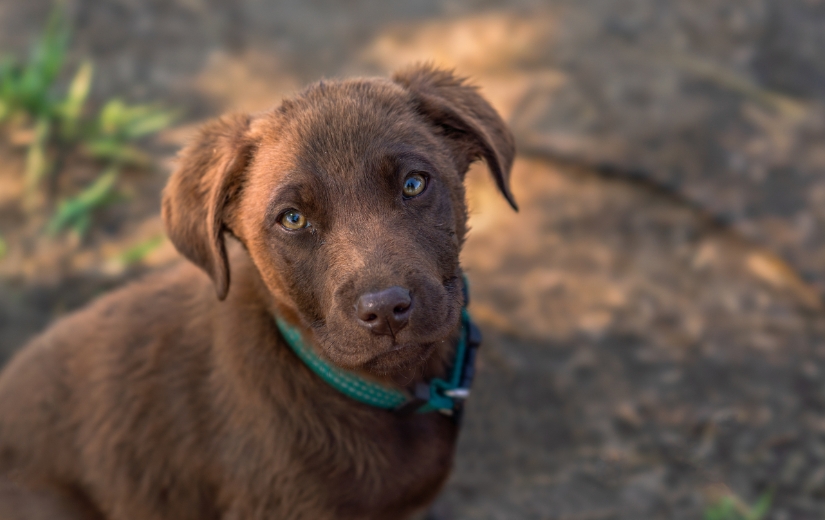Puppy School 101: Picking the perfect class for your puppy

 New puppy guardians, are you already overwhelmed by all the information found online about puppy school and group classes for your new pup? If you answer yes, you can’t skip this one!
New puppy guardians, are you already overwhelmed by all the information found online about puppy school and group classes for your new pup? If you answer yes, you can’t skip this one!
Allison Schaefer, owner and trainer at Ethical Canine Training and Behaviour Modification, gives advice on selecting the right puppy kindergarten class and what characteristics to look for to make sure you enroll your pup in a high-quality program.
Picking the perfect kindergarten for your puppy
Puppy Kindergarten seems, on the surface, the most fun and carefree class, but for dog trainers, it could be the most stressful class to teach!
Curating a class environment for new pups of a wide range of sizes, ages, and temperaments involves a lot of responsibility, and a bad experience at puppy class can stay with a young dog and with their people for a long time.

A well-run group puppy kindergarten can be a wonderful opportunity to gain positive socialization, bond with your puppy, and meet other dog people. However, not all puppy classes are created equal, and it’s important for you, as a puppy guardian, to be able to choose a class that will help you rather than set you back.
If you’re expecting a puppy, go ahead and ask to watch a class even before the puppy comes home!
First, if you are curious or unsure, ask to observe a class. If you’re expecting a puppy, go ahead and ask to watch a class even before the puppy comes home! This makes it much easier to determine if the class is appropriate, and to keep looking if the class doesn’t seem right.
Here is a short list of key things you can expect to find in a well-run puppy kindergarten class:
Puppy Off Leash Time
Even though this is important, that doesn’t mean it should be a free-for-all. In a good class, puppies may be separated into “Wallflowers” and “Chaos Buddies” play groups, and there should be a trainer supervising each group to ensure no one is overwhelmed or being bullied. Alternatively, puppies might be let off leash one at a time to explore, or perhaps with a calm and neutral older dog.

Life Skills
Puppy kindergarten is a great time to gently introduce experiences that a puppy will have as an adult dog, including:
- Handling
- Grooming
- Vet care
- Meeting people
- Experiencing new objects and textures
- Observing humans wearing unusual clothes
- Hearing new sounds
An experienced trainer will introduce these things only at the levels that puppies are comfortable with, not allowing them to be scared or panicked.
A Bit of Obedience
Puppy Kindergarten should, by nature, be more play- and fun-focused, rather than including repeated obedience drills. However, you can always integrate skills that will help
puppies with life in bite-sized portions. This could include mini recall practices, getting used to being on a leash, introducing “leave it,” and resource guarding prevention.
It should go without saying that positive reinforcement, humane, and compassionate training is a priority. However, it’s not always easy to determine the trainer’s methods right off the bat. Here are some hints:
- Trainers should not mention “alpha/dominance/balanced” training on their site or class descriptions
- Trainers should have some certifications or qualifications from a reputable organization (see AnimalKind Resources for more information)
- The class environment should be clean, safe and calm
- Before you register, vaccine records should be requested
- If a puppy “acts up”, there should be gentle intervention and separation if needed. There should be no yelling, rough handling, or punishment tools such as spray bottles/shake cans, and certainly no pinning them down/scruffing or allowing the puppies to “work it out”.
- Owners should also be treated with compassion, without blaming, talking down to them or ignoring them when they need help. Puppy class is hard on the humans as well!

Stuff Happens – Don’t Despair
Puppies in class will have a huge variety of genetics, life experiences, and developmental stages. Things will happen in puppy class that might make you, as a puppy guardian, feel disheartened or upset.
You might see your puppy show resource guarding behaviour, or fear of other people, or they might be the play group bully. All of this might be hard to see, but it is normal. A well-qualified trainer will see these things too and be willing to talk to you about them. They will be able to offer you some homework specifics or refer you to some one-on-one training. For some puppies, that’s the best route, and that’s OK!
Remember, by taking your puppy into class, you are already doing amazing work in helping them grow up to be the best dog they can be. Click and treat to you!